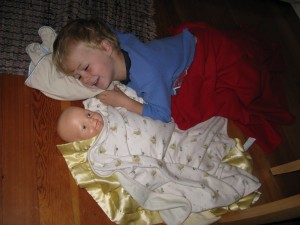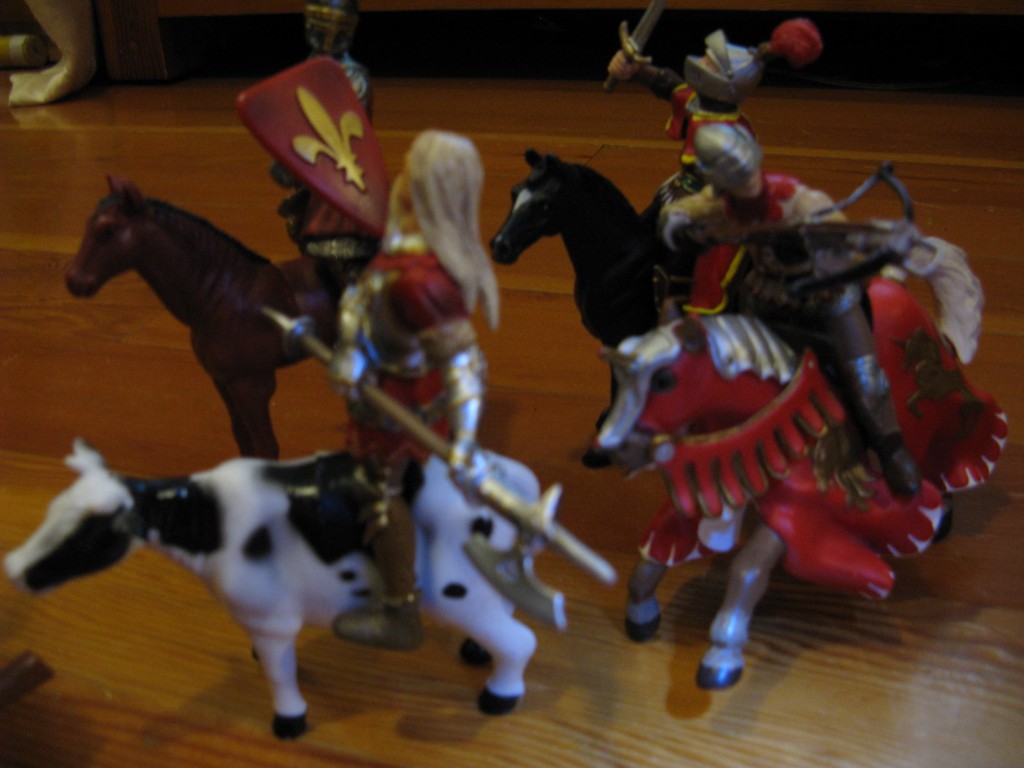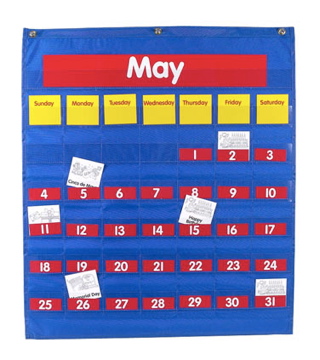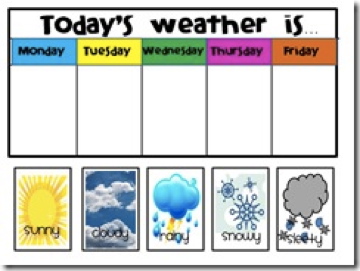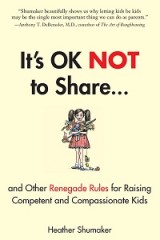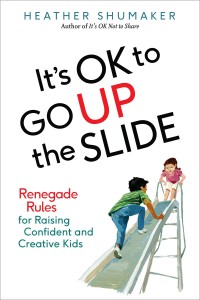3 Things Children are Missing
My kids got to bed too late last night. Sure, it was 7:30pm and 8:50pm, but that's too late to meet their sleep needs. Even half an hour of sleep deprivation makes a huge difference for children's learning, memory, behavior and happiness.
This got me thinking about what we routinely deprive our children of. What's missing in their lives. What's truly important that we need to make more time for in family life.
Lack of Nature
Nature is the best, oldest and most imaginative toy - the possibilities to play with mud, sticks, trees, boulders and pine cones are endless. We all need to connect to the earth in order to be fully human and to care about life on our planet. When a child is emotionally wound up, taking him outside can bring relief. There's something about being outside. If you live near a park or can find a tree, the benefits ratchet up even more. Medical research backs this up - in Japan they've studied the marvelous difference walking in the forest can do to decrease stress and improve health. They call it "forest-bathing."
Lack of Sleep
Our children are sleep deprived. With early work schedules -- getting kids to before-school-care at 6am -- or even early school bus times, kids ages 4 and older are consistently up too early. And they stay up too late. Some children do not even have bedtimes. Yet kids need enormous amounts of sleep. How much? For preschoolers it's 11-13 hours (including naps) and for school-age kids it's 10-11 hours. For most kids, that means bedtime at 7pm or 8pm. (see The Sleep Foundation)
Achievement-driven America often considers sleep a waste of time, but shortage of sleep harms learning, memory, focus, problem-solving, the immune system and, of course, emotional stability. My friend who's a high school teacher routinely assigns sleep as homework to her students, especially before a test. Those who go to bed earlier (and don't study) get better scores.
Lack of Downtime
Play, staring into space and goofing around are essential. Learning, creativity, imagination, problem-solving, persistence, empathy - all these good things come when kids pursue their own play ideas. While we rush to fill out children's days with "enrichment" activities, we need to remember the enriching ideas already inside our children's minds. Give them respect: time and space to flourish. (Benefits of play article)
The mind is not a vessel to be filled, but a fire to be kindled. - Plutarch
We can kindle it best with nature, sleep and play.
What would you add to this list? How are you doing on getting enough of these three things for your child and yourself? What could you change?

